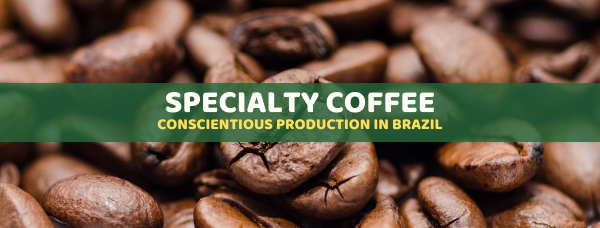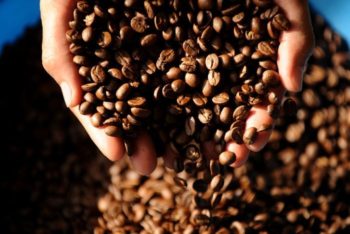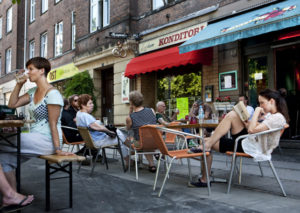Brazilian producers of specialty coffees want to reinforce the sustainable image of the growing in the country
With environmental concerns growing for political reasons, the project Brazil. The Coffee Nation wants to show that there is conscientious production in Brazil.
Before accepting a new member, the BSCA – Brazil Specialty Coffee Association, assesses the quality of the coffee, considering characteristics such as color, appearance, and roast shape. On top of this, the organization also certifies that the producing farm is within the scope of sustainability. It takes into account, for example, the way the producer deals with preservation areas of native vegetation and with the rivers and streams that pass through the property. The project Brazil. The Coffee Nation, a BSCA initiative in partnership with the Brazilian Trade and Investment Promotion Agency (Apex-Brasil), discloses to the world the sustainable measures that have been adopted for years and new initiatives, which appear more and more.

In 2019, two members of the association were the winners of the 6th Sustainable Farm Award from Globo Rural Magazine, one of the most important agribusiness publications in the country. The competition covered producers from all agricultural sectors and followed the methodologies of Rabobank, a Dutch company that is a global leader in food financing and sustainability-oriented services.
The Pinhal farm, located in the state of Minas Gerais, took the lead of the competition for having 42% of their area preserved and for managing coffee in an integrated manner with a plantation of eucalyptus and with native forest. In addition, producers reserve part of their land for a program focused on the rehabilitation of wild animals and seek to produce with the minimum use of water, fertilizers, and fuels.
Meanwhile, the O’Coffee farm, localized in the interior of São Paulo, also in the south-east of the country, achieved second place through the manufacture of its own fertilizer and the cultivation of native species to neutralize carbon emissions. O’Coffee producers have also invested in monitoring technology to increase the efficiency of the machines used in the plantation and thus spend less fuel.
“Pinhal and O’Coffee are examples. They are springboards for us to continue stimulating our associates to produce the most sustainable coffees in the world”, praises Vanusia Nogueira, director of BSCA.
In addition to having positive impacts on the environment and the world, sustainable coffee production adds value to the product. And a good part of the Brazilian producers knows this. With consumers around the world increasingly engaged with the environmental cause, the BSCA’s producers of specialty coffees, large exporters, know that leaving aside sustainable production is a mistake.
Brazil. The Coffee Nation
BSCA has a partnership with the Brazilian Trade and Investment Promotion Agency (Apex-Brasil) to carry out Brazil – The Coffee Nation project. The project’s main objectives are to reinforce the image of green and industrialized Brazilian coffees around the world and add value to the Brazilian product.
BSCA – Brazil Specialty Coffee Association
BSCA’s commitment is to disseminate specialty coffees from all Brazilian’s regions, for the development of this market, working with transparency and sustainability. It is responsible for disseminating relevant information to members, exchanging experiences and promoting educational activities with partners as well as with national and international organizations. In addition, the association promotes coffee quality contests and the official championships between professionals in the barista, roaster and toaster categories, in partnership with international organizations such as the ACE – Alliance for Coffee Excellence and WCE – World Coffee Events.



